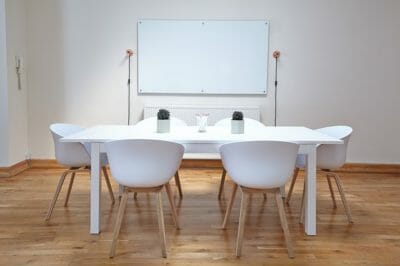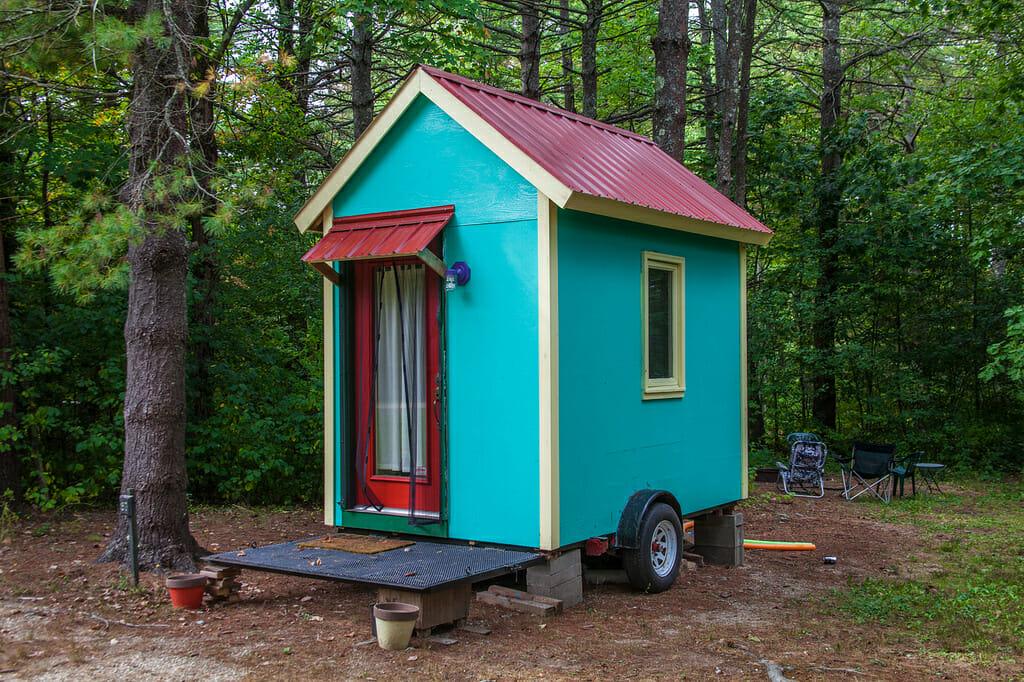One of the basic tenets of preparing for an unknown future is saving up supplies for when they might be needed. Many preppers have full pantries and garages and basements. Some even have full storage units or bunkers or second homes.
The main idea of minimalism, on the other hand, is—just as the name suggests—owning a minimal amount of stuff. No extra clothing, no extra toys, no extra electronics. Only what you need, and nothing more.
So how could a person be both a prepper and a minimalist? At first glance, there seems to be no overlap between these ways of life. But if you look below the surface, you’ll see that the two lifestyles which seemed to be polar opposites actually do have some commonality.
Those of us who are serious about any aspect of prepping know that it’s about more than just hoarding stuff. And those of us who embrace minimalism know that its purpose is deeper than simply reducing our volume of belongings.
And if you have tried the combination of the two, you know it’s possible. Furthermore, you may even agree with my theory that practicing both prepping and minimalism together is indeed better than either of them alone.
Get Free Backup Electricity — That Works Even During Blackouts!
The bottom line of both prepping and minimalizing are efficiency and intentionality. When you strip away everything else about these two ideals, they are built around those two key principles—and it turns out that these are the very same components that make them able to be melded into one lifestyle.
Too Wise For Consumerism
Experienced preppers are too wise for all-out consumerism, and avoid grabbing up every sale item in sight and store it for perpetuity for no other real reason than “just in case.” Many of us start out that way, but learn to tighten our focus on supplies for preparedness that we have reason to believe we will actually need. In addition, most of us reject the idea of waste—food, perishable goods, and money—and learn to tailor our prepping in a way that allows us to actually use our preps.
Minimalism is like that, too. Proponents of minimalism do not go without. We don’t live starving unpleasant Spartan lives in a vacuum of belongings. Not at all. Instead, similar to wise preppers, we tighten our focus, make a deliberate choice to own only that which we truly need, and avoid waste.
 What does the amalgamation of prepping and minimalism look like in real life? Each of these belief systems can look very different from one individual follower to the next, and certainly the two of them together result in wide variety of manifestations. But here are some ideas to help you get started.
What does the amalgamation of prepping and minimalism look like in real life? Each of these belief systems can look very different from one individual follower to the next, and certainly the two of them together result in wide variety of manifestations. But here are some ideas to help you get started.
First, it is probably a good idea to be fairly well-established in one before taking up the other. Despite there being compelling reasons for both and I don’t blame anyone for wanting to dive in head-first, I would recommend that you get comfortable with one at a time. For me, it was a gradual progression from one to another—first prepping, then minimalism. Collecting supplies for preparedness necessitates a degree of inventorying, evaluating what makes sense to keep and what doesn’t. That endeavor, along with a nudge from a minimalist page I follow on social media, inspired me to pare down my supplies to only that which is realistic to keep.
Different Lenses?
Next, keep both sets of glasses handy all the time, figuratively speaking. Prepping sees life through different lenses than minimalism does. One places a high value in having the right supplies at the ready for a wide variety of possible scenarios, while the other embraces the freedom that comes with owning fewer supplies. For this reason, it makes sense to evaluate decisions as both a prepper and a minimalist, as in: What is worth more to me, having a closet that I can open without stuff falling out, or having that 17th rain poncho bought on sale just in case something happens to the first 16 in an undefined future disaster? Or, is it more important to have empty space in a room compared with being inadequately prepared for a catastrophic weather event or grid-down situation?
Third, keep your balance. Hang onto the joy and peace you get from not being weighed down by excessive belongings, while maintaining the comfort and confidence you get by knowing you are prepared to be self-sufficient in the event that any ordinary support systems break down. Always evaluate which is more rewarding with every dollar you spend: making sure you have enough supplies, or avoiding the stress that can be caused by overspending.
Lastly, divide and conquer. You can focus more on prepping and less on minimalism in some room and in some situations, and the reverse in others. At my house, some of the rooms are so sparsely furnished they look like a house flip staged for sale. Most of my closets are only half full. But I have a walk-in pantry chock full of canned goods and home food processing equipment, have enough necessities stashed in my car to get me home on foot or keep me comfortable in place in case either ever became necessary, and am equipped for reasonable self-defense.
Probably the best place to practice minimalism without infringing upon preparedness goals is in the area of décor. Knickknacks and mementoes and other decorative items serve little purpose in either lifestyles. Excessive clothing and accessories—especially that which doesn’t fit or is never worn—is another place where streamlining is a good common goal. More toys—for people of any age—and hobby equipment than one needs doesn’t support either prepping or minimalism either. Anything that’s just clutter, or that has no solid purpose in your life, needs to go.
Owning unnecessary goods does not enhance prepper goals. The money, mental energy and effort it takes to buy, store and organize all that stuff could be better spent on items and space that would make a difference in the event of disaster. And if real trouble should arise, superfluous possessions can weigh you down.
It makes perfect sense to keep belongings pared down to only what we need, but not to less than we need.
The key is to strive for overall simplicity. If you can’t honestly envision a time when your life would not be significantly changed for the better—either now or later—by owning a thing, don’t own it.
Do you agree or disagree? Share your thoughts in the section below:
 Off The Grid News Better Ideas For Off The Grid Living
Off The Grid News Better Ideas For Off The Grid Living




